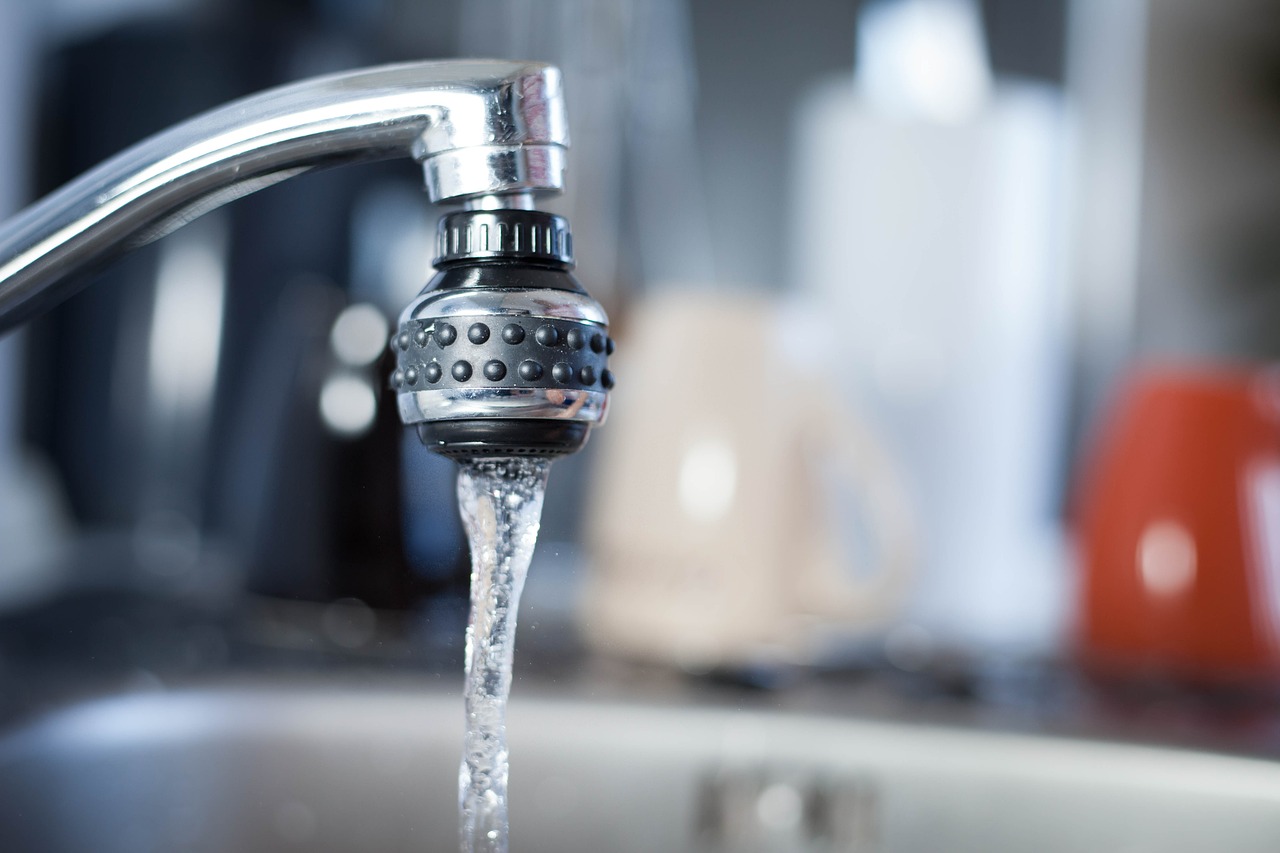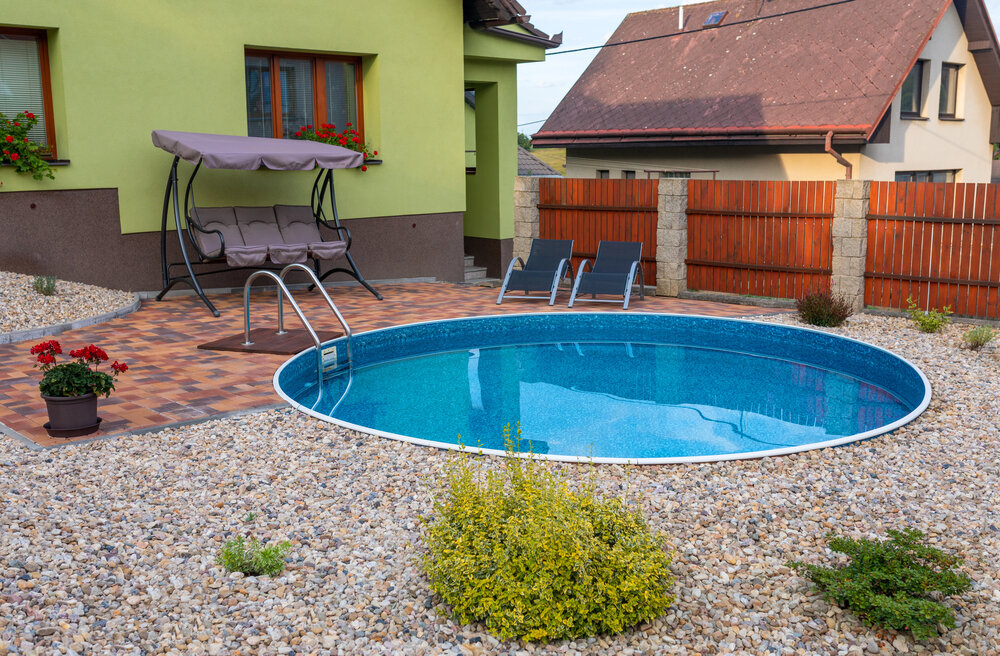Water crisis hits Budapest suburbs: An entire town could run out of water tonight

A severe water shortage has developed in the town of Gödöllő and several surrounding areas due to the ongoing heatwave in Hungary. Local officials say that drinking water supplies are being depleted by evening, and in many homes, water is no longer coming from the taps. Emergency water trucks have been deployed to provide drinking water where shortages are most acute.
System at full capacity, and still not enough
According to Duna Menti Regional Waterworks (DMRV), the daily water demand in the area now reaches 40,000 litres: the system’s maximum capacity. By the end of each day, supplies are exhausted, leading to low water pressure or a complete shutdown of service, especially in higher elevation neighbourhoods.
According to ATV, the shortage affects not only Gödöllő but also Veresegyház, Szada, Erdőkertes, Fót, and Őrbottyán. While no official water restrictions have yet been imposed, authorities and water companies are urging residents to limit water use to essential needs only and to avoid watering lawns or filling pools.

Mayor urges responsible use
“I trust that residents will try to control themselves and use less water for pools or lawn watering, so that we can avoid having to impose official water restrictions – though that remains a possibility,” said György Gémesi, Mayor of Gödöllő.
He emphasised that the crisis is not only due to the extreme weather, but also to the lack of infrastructure development. The local water network has not been expanded for years, and many existing pipes are in poor condition, leading to significant underground leakage. Meanwhile, the population continues to grow, both in Gödöllő and across the entire Budapest metropolitan area, further increasing demand.
Temporary relief via water trucks
For now, the town is providing clean drinking water via mobile tankers, which residents can use to fill up containers and buckets. Authorities hope that voluntary water conservation will prevent the need for stricter measures, but the situation remains fragile.
Read also:







